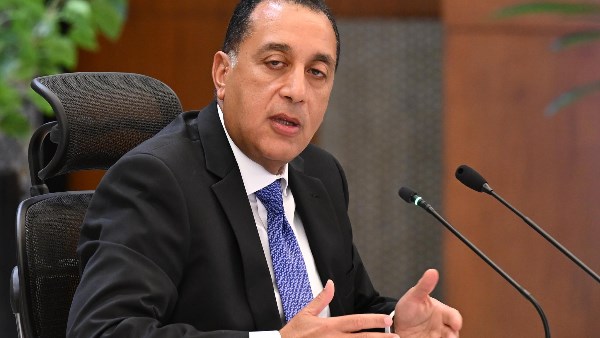
Trump's tariffs have raised uncertainty across the market
Oil prices hold near 2-week high as traders assess US tariffs, OPEC+ output boost

Oil prices held near a two-week high on Tuesday as investors assessed the latest developments on U.S. tariffs and a higher than expected increase to OPEC+ output for August.
Brent crude futures was up 29 cents, or 0.4%, to $69.87 a barrel by 11:07 a.m. EDT (1507 GMT), while U.S. West Texas Intermediate (WTI) crude rose 11 cents, or 0.2%, to $68.04.
Powerhouse Asian economies Japan and South Korea said on Tuesday they would try to negotiate with the U.S. to soften the impact of sharply higher tariffs that U.S. President Donald Trump now plans to impose from the start of August.
Trump ramped up his trade war again on Monday, telling 14 nations that they would face tariffs ranging from 25% for countries including Japan and South Korea, to 40% for Laos and Myanmar.
Trump's tariffs have raised uncertainty across the market and concerns that they could have a negative effect on the global economy and oil demand.
In Germany, the biggest economy in Europe, exports fell more than expected in May, data showed on Tuesday, as demand from the U.S. dropped for the second consecutive month due to the impact of tariffs.
While prices seem to be pressured by OPEC+ unwinding its voluntary output cuts, tightness in middle distillates and Houthi attacks on cargo ships are supporting the market, said Janiv Shah, an analyst at energy consultancy Rystad Energy.
On Saturday, the OPEC+ group comprising the Organization of the Petroleum Exporting Countries (OPEC) and its allies, like Russia, agreed to raise production by 548,000 barrels per day (bpd) in August, exceeding the 411,000 bpd increases in the previous three months.
Once oil demand declines seasonally, the increase in OPEC+ exports will hit the market, raising downside risks to prices, analysts at HSBC said in a note.
Analysts at Commerzbank expect the price of Brent to fall to $65 a barrel on the emerging oversupply in the autumn months.
The decision by OPEC+ removes nearly all of the 2.2 million bpd of voluntary cuts made by the group since 2023.





-1120252475029447.jpg)













